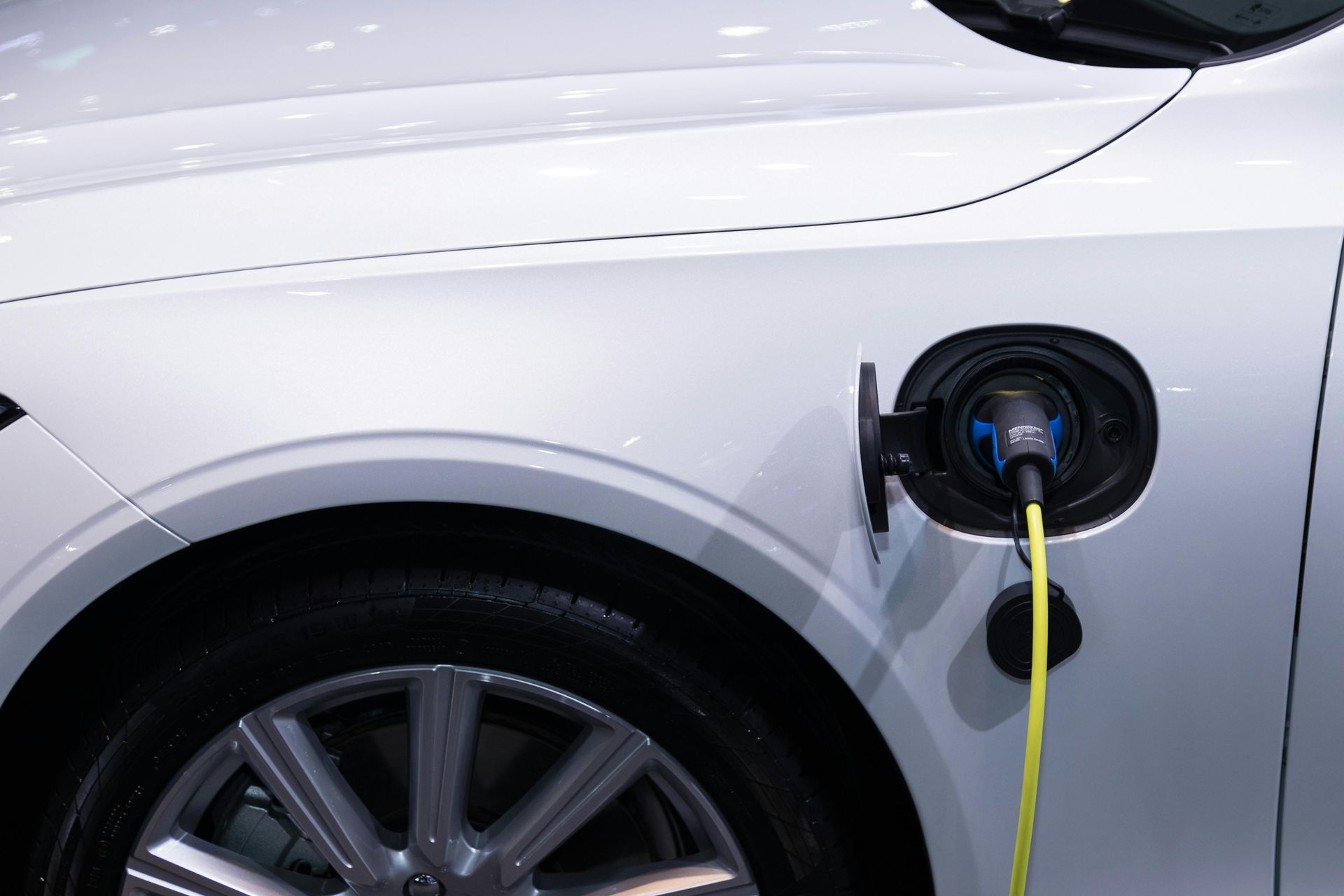The Benefits of EV Charging Stations for Businesses
As electric vehicles (EVs) continue to gain popularity, installing EV charging stations has become a strategic move for businesses. Not only does it cater to the growing number of EV owners, but it also offers numerous advantages that can significantly impact a company's bottom line, employee satisfaction, and corporate image.

1. Attracting and Retaining Customers
Installing EV charging stations can attract a new segment of eco-conscious consumers who are looking for places to charge their vehicles. By offering this service, businesses can draw in customers who may choose to patronize establishments with charging facilities over those without. This not only increases foot traffic but also encourages longer stays as customers wait for their vehicles to charge, potentially leading to higher sales.
2. Enhancing Employee Satisfaction
Providing EV charging stations at the workplace is a valuable perk that can boost employee morale and satisfaction. Employees with EVs will appreciate the convenience of being able to charge their vehicles while at work, reducing the stress of finding charging points elsewhere. This benefit can also be a strong incentive in recruiting and retaining talent, particularly as more people switch to electric vehicles.
3. Supporting Sustainability Goals
For businesses committed to sustainability, installing EV charging stations is a tangible step towards reducing carbon emissions and promoting green transportation. This initiative aligns with broader corporate social responsibility (CSR) goals and demonstrates a commitment to environmental stewardship. It also positions the business as a leader in sustainability, enhancing its reputation among environmentally conscious consumers and stakeholders.
4. Increasing Property Value
Installing EV charging stations can enhance the value of commercial properties. As EV adoption grows, properties equipped with charging infrastructure will become more desirable, potentially commanding higher lease rates or sale prices. This investment in future-proofing properties makes them more attractive to businesses and tenants looking for modern, sustainable facilities.
5. Financial Incentives and Rebates
Governments and local authorities often offer financial incentives, rebates, and tax credits for businesses that install EV charging stations. These incentives can significantly offset the initial costs of installation, making it a financially viable option. Additionally, some regions may offer ongoing incentives for businesses that maintain and operate charging stations, further enhancing the return on investment.
6. Competitive Advantage
Businesses that adopt EV charging infrastructure early can gain a competitive edge over those that do not. By catering to the needs of EV owners and demonstrating a commitment to sustainability, businesses can differentiate themselves from competitors. This competitive advantage can be particularly significant in industries where sustainability is a key concern for consumers.
7. Creating New Revenue Streams
Charging stations can also serve as an additional revenue stream. Businesses can charge users a fee for accessing the charging points, offering different pricing models such as pay-per-use or subscription services. This not only covers the costs of installation and maintenance but can also generate profit over time.
8. Promoting a Green Brand Image
Having EV charging stations helps promote a green brand image. Businesses can market themselves as forward-thinking and environmentally responsible, which can resonate with a broad audience. This positive image can enhance customer loyalty, attract new customers, and improve public relations.
Conclusion
Installing EV charging stations offers a myriad of benefits for businesses. From attracting new customers and increasing property value to supporting sustainability goals and creating new revenue streams, the advantages are clear. As the adoption of electric vehicles continues to rise, businesses that invest in EV charging infrastructure now will be well-positioned to capitalize on these benefits and lead the way in a more sustainable future.









